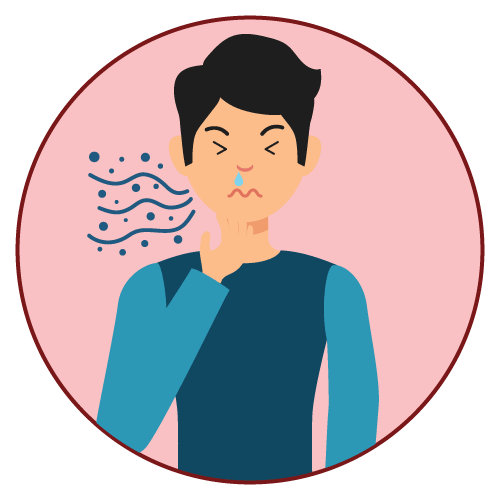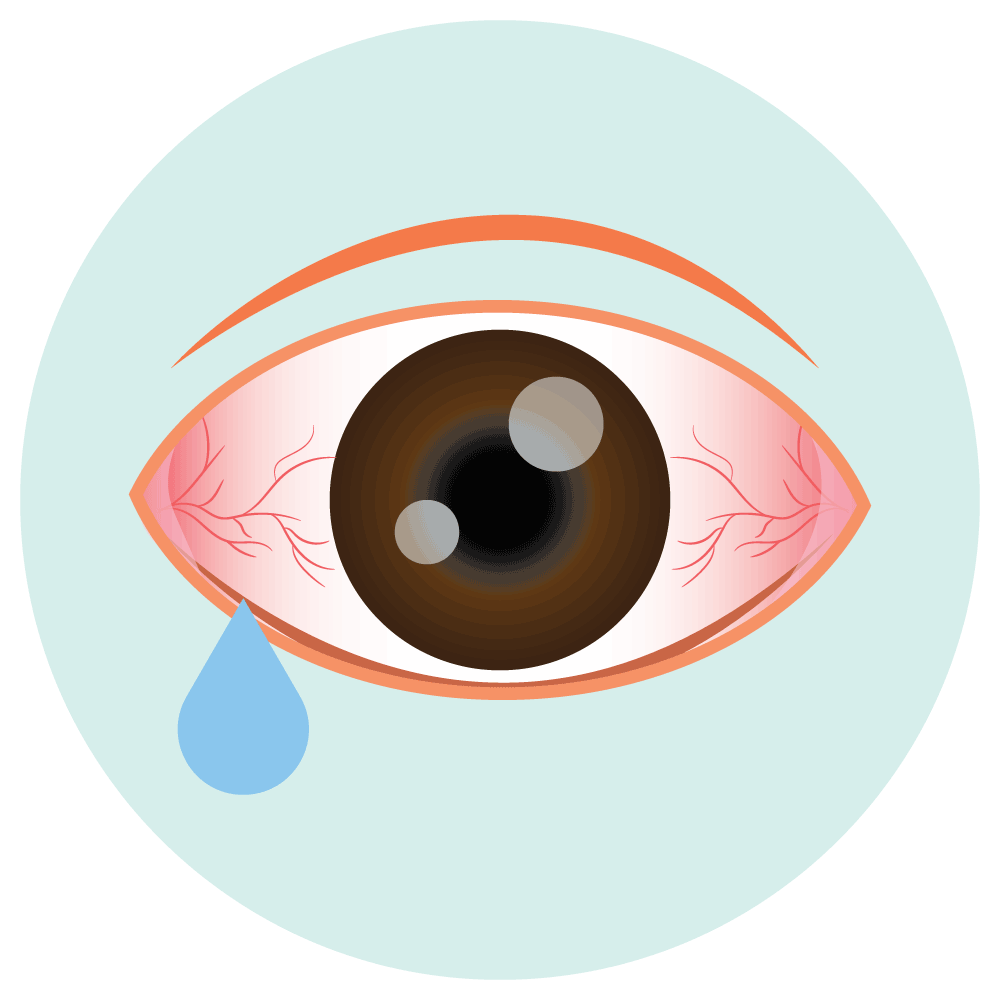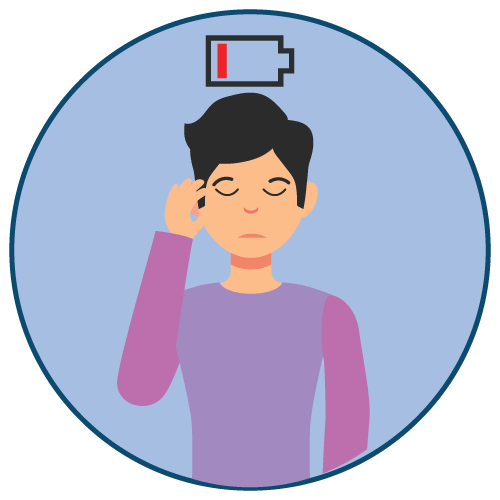| Name | Doxylamine Succinate |
| Classes |
Central Nervous System Agent Psychotherapeutic Agent Anxiolytic Sedative and Hypnotic |
| Diseases |
Allergic Reaction Cold Hay Fever Runny Nose Sneezing |
Doxylamine Succinate
Doxylamine is a first-generation antihistamine. This drug works by blocking certain natural substances (histamine, acetylcholine) that your body makes. This effect helps to relieve allergy/ cold symptoms.
Doxylamine Succinate is indicated for the following conditions-
- Allergic rhinitis
- Hypersensitivity reactions
- Excessive tearing
- Sneezing
- Two tablets at bedtime are recommended as a starting dose (Day 1). The patient can take two tablets at bedtime if this dose properly manages symptoms the next day.
- If symptoms continue until the afternoon on Day 2, the patient should continue taking two pills at bedtime on Day 2 and three tablets on Day 3 (one tablet in the morning and two tablets at bedtime).
- If these three tablets do not provide significant symptom relief on Day 3, the patient can begin taking four tablets on Day 4. (one tablet in the morning, one tablet mid-afternoon and two tablets at bedtime).
- Four tablets are the maximum daily dose suggested (one in the morning, one in the mid-afternoon and two at bedtime).
- Due to the anticholinergic characteristics of doxylamine succinate, an antihistamine, Doxylamine Succinate may cause somnolence.
- If a woman is using any central nervous system (CNS) depressants, such as alcohol, she should not take Doxylamine Succinate
- Asthma, elevated intraocular pressure, narrow angle glaucoma, stenosing peptic ulcer, pyloroduodenal obstruction, and bladder-neck obstruction are all conditions in which Doxylamine Succinate should be taken with caution.
- Because Doxylamine Succinate contains pyridoxine hydrochloride, a vitamin B6 analog, extra levels from diet and vitamin B6 supplements should be measured.
- The combination of doxylamine and pyridoxine has minimal evidence in cases of hyperemesis gravidarum. These people should be seen by a doctor who specializes in their condition.
Contraindication
- Hypersensitivity to doxylamine succinate, other ethanolamine derivative antihistamines such as-
- Hypersensitivity to pyridoxine hydrochloride.
There is no known contraindications of doxylamine succinate in terms of food and drinks.
There is no known contraindications of doxylamine succinate in terms of health condition.
 Bangla
Bangla English
English







